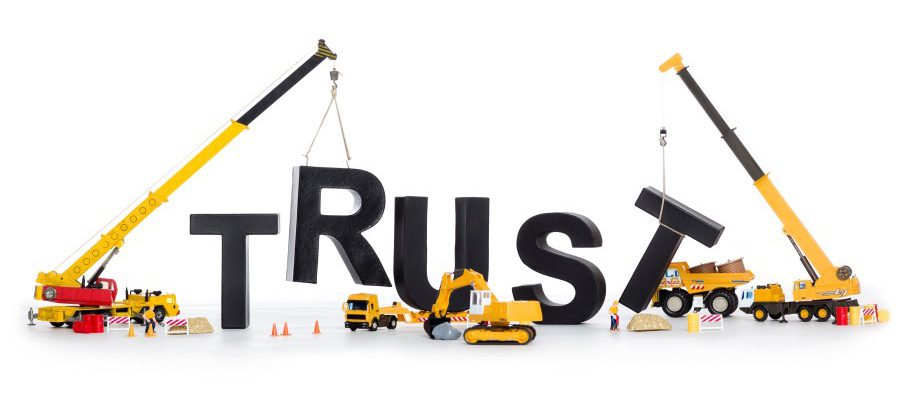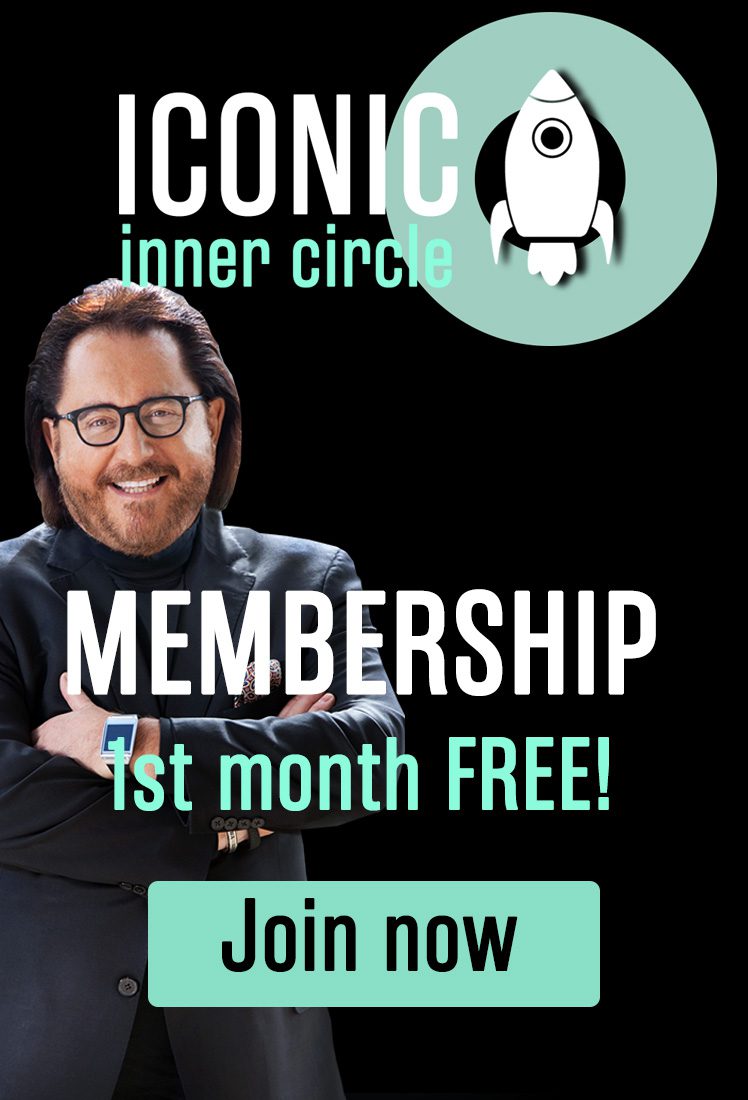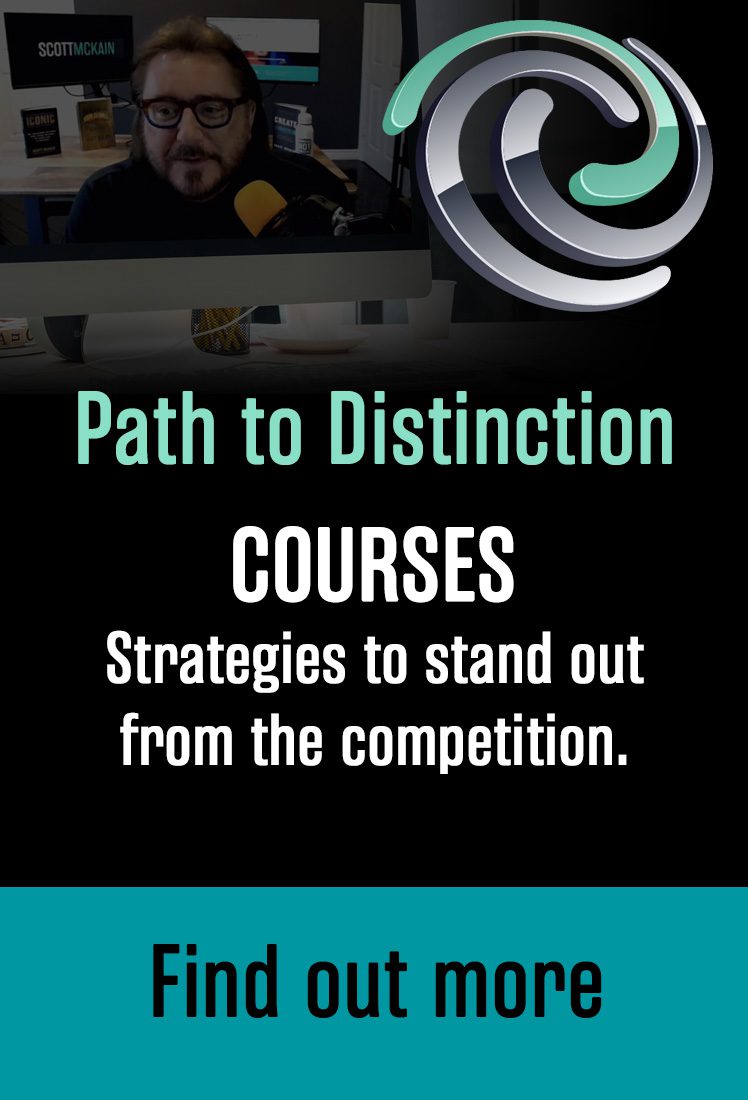Last week, I had the privilege of both attending and addressing the Trusted Leader Summit, sponsored by Trust Edge, the incredible training and content organization led by my friend, renowned trust expert David Horsager.
In my decades of experience as a professional speaker and author specializing in organizational distinction and customer experience, one enduring truth has consistently stood out: trust is the linchpin upon which distinction is built.
As David wisely asserts, “Trust is the most valuable commodity in the world.”
Let’s explore the pivotal role of trust in creating organizational distinction and why it serves as the driving force behind the success of any business. At the core of every iconic brand and successful organization lies a deep and unwavering trust with their customers, employees, and stakeholders.
It’s not enough to simply be different; you must be trusted to be distinct.
Apple, a company I’ve had the privilege to work with, exemplifies this principle. Their unwavering commitment to quality and innovation has built trust over the years. Customers trust that they will receive a reliable and cutting-edge device when they purchase an Apple product. This trust is the cornerstone of Apple’s distinction in the tech industry.
David Horsager underscores its critical importance in the business world. He accurately states, “Trust is not a soft skill; it’s the hard currency of business.” This perspective aligns seamlessly with my beliefs in creating organizational distinction because trust isn’t just a vague concept; it’s measurable and profoundly impacts the bottom line.
Horsager’s research and insights provide a robust foundation for understanding the significance of trust. When customers trust a brand, they are more likely to become loyal advocates, make repeat purchases, and refer others. Trust is a powerful driver of customer loyalty and, consequently, revenue growth.

Trust knows no borders; it’s a universal currency. My experience speaking internationally has exposed me to diverse business environments. In today’s globalized world, understanding and building trust in a cross-cultural context is essential for creating a distinction that resonates worldwide. Trust-building strategies that prove effective in one part of the world may require adaptation elsewhere. This recognition underscores the universal importance of trust, regardless of cultural nuances.
Trust is not static; it evolves over time and requires ongoing efforts to maintain and strengthen. Embracing a mindset of continuous learning and development perfectly aligns with the idea that trust is a dynamic force that demands attention and investment.
Trust is undeniably the linchpin of creating organizational distinction in today’s competitive business landscape. David Horsager’s wisdom underscores the critical role of trust in achieving success.



